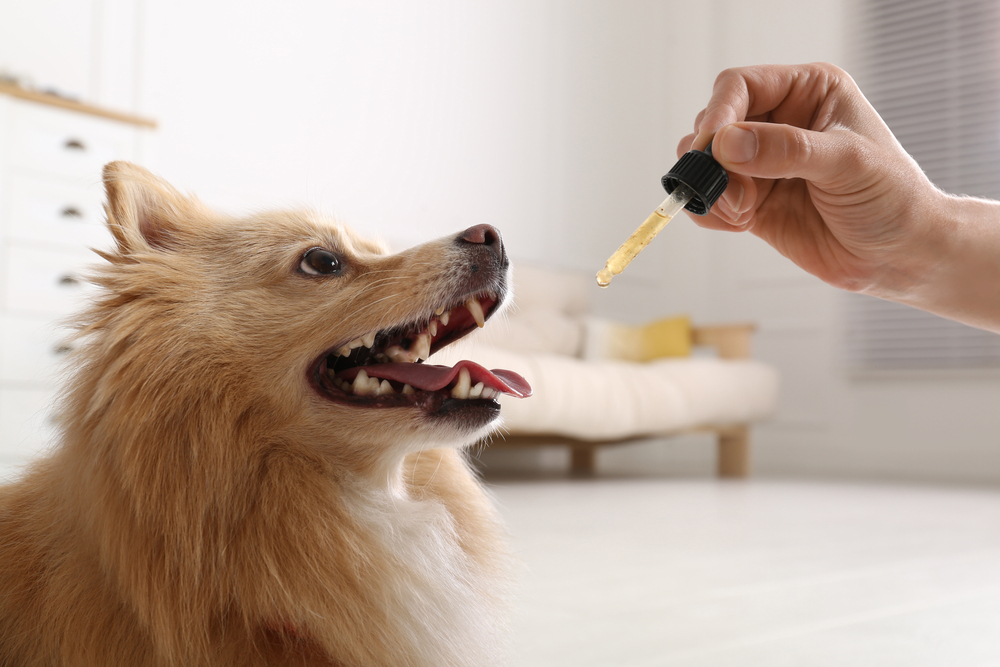Are Natural Herbs and Herbal Supplements for Pets Safe? Are They Good For Your Pet?

We enjoy the health benefits of over the counter supplements, herbal remedies, and other natural solutions to health. Are herbal supplements for pets safe and worth the money? We’re sure you’ve seen many more all-natural and herbal supplements for pets on the market. Some of them promise to address certain conditions and diseases, while others just promote better overall health.
Because of this, Oakland Veterinary Referral Services wants to take the time to cover the use of herbal supplements for pets to steer you in the right direction for your fur friend.
The Fine Print on Herbal Supplements for Pets
Most drugs and over the counter medications are heavily studied and regulated by the US Food and Drug Administration (FDA) before they are released for use. This ensures the safety of the drug and minimizes complications from their use. Unfortunately, when it comes to dietary and herbal supplements for pets (or for humans), they are not required to go through that stringent process of regulating safety.
Even if a product is deemed all-natural, you should remain alert. Natural does not mean that it cannot be toxic in higher doses or when mixed with other drugs or supplements. It’s always best to consult with us before giving your pet any supplements or other herbal products.
Herbal Supplements: Does Your Pet Even Need Them?
The next question when it comes to herbal supplements is, are they necessary? Most quality pet food provides all of the essential vitamins and minerals and other important nutrients that cover your pet’s daily dietary needs. But some pets may need a few additional nutrients, at least temporarily. During your pet’s wellness checkup, you can request baseline blood work, among other diagnostic testing, to look for any deficiencies.
Are herbal supplements good for your pet? Some supplements, like Omega-3 Fatty Acids, can support pets with orthopedic challenges as well as to bolster skin and coat health. In these cases, your pet may need added fatty oils and would benefit from them. Cranberry supplements are sometimes good for pets with recurring urinary tract infections. But, with any herbal supplement, it is better to get the problem correctly diagnosed and treated before relying heavily on supplements.
Herbs that Are Safe for Cats and Dogs
Now that we have covered the caveats about herbal supplements for pets, there are some herbs that are okay for use with furry companions. Whole, natural herbs are the best form of herbals for your pets if possible. Many pet owners add one or more of these herbs to their homemade pet food for flavor as well as health.
For Dogs:
- Basil
- Parsley
- Thyme
- Sage
- Cilantro
- Rosemary (low dose)
- Lavender (in small amounts)
- Turmeric
- Cinnamon
- Ashwagandha
For Cats:
- Basil
- Sage
- Cilantro
- Catnip
- Dandelion
- Parsley (small amounts)
- Thyme
- Rosemary
- Valerian Root
- Dandelion root
- Echinacea
- Goldenseal
When in doubt about the safety of any raw herb or herbal supplements for pets, it’s critical to consult your veterinarian or the ASPCA’s list of toxic plants. If you would like more information on dietary and herbal supplements and their safety, please do not hesitate to contact us.


